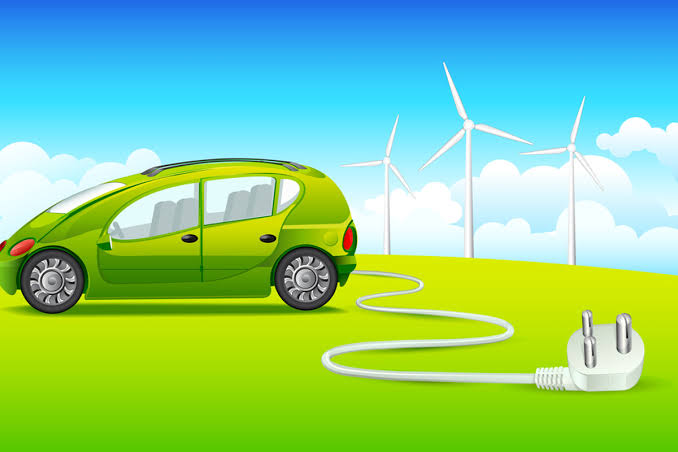Tokyo hopes to accelerate the country’s sluggish adoption of electric vehicles
As Tokyo looks to catch up with other major advanced economies, Japan will double its purchase incentives for electric vehicles to as much as $7,000, on par with similar measures in the US and Europe, and subsidize charging infrastructure.
To purchase incentives for environmentally friendly autos, the Government intends to earmark 37.5 billion yen ($329 million) for the subsidies in a supplementary budget for fiscal 2021, devoting 25 billion yen of that total. For electric vehicles, subsidies will be raised to up to 800,000 yen.
Fuel cell vehicles and plug-in hybrids will be also covered in the program, while other hybrids remain excluded.
As the global pressure builds to pivot away from fossil fuels, Tokyo hopes to accelerate the country’s sluggish adoption of electric vehicles, which made up less than one per cent of all new passenger autos sold in Japan last year.
By the year 2035, the government seeks to make all new passenger vehicles sold in Japan eco-friendly. While electrics have languished, with just 15,000 sold domestically last year, this goal that includes hybrids remains popular. The 25 billion yen would cover the full subsidy for just over 30,000 electric vehicles.
Electric vehicles account for more than 10 per cent of new vehicles sold in the European Union, where hybrids have fallen outside the scope of similar electrification targets.
To help their economies rebound from coronavirus-induced slumps, a number of countries including Germany, France and Italy, as well as the US and South Korea, are using measures like offering incentives of similar size to Japan’s new subsidy scheme.
In a supplementary budget last fiscal year, Japan’s Environment Ministry raised the incentive cap to 800,000 yen, but only when all of the electricity used for charging at home or work came from renewable sources, a costly and difficult prerequisite for consumers.
Though the difference in price from similarly sized gas-fuelled cars will factor into the calculation, fuel cell vehicles will be eligible for incentives of up to 2.5 million yen. Up from 1.15 million yen now, the subsidy for Toyota Motor’s Mirai, will come to 1.4 million yen. For new hydrogen filling stations, the budget also will earmark 6 billion yen.
Broader use of electric vehicles in Japan has been inhibited by limited charging infrastructure. Compared with 6.9 in France, the country had 2.3 chargers per 10,000 people at the end of fiscal 2020.
From about 30,000 now, Japan looks to expand the charging station network to 150,000 by 2030. Though this may cover only a few thousand chargers at most, about 6.5 billion yen will be set aside in the new supplementary budget.
Over the next few years, the $1 trillion bipartisan infrastructure bill passed in the US last week sets aside $7.5 billion to build 500,000 charging stations. If the Government sees a need to further accelerate its electrification push, Japan could consider a similar form of sustained funding, beyond the one-off budgets it has used so far.
Also read: CIO News interviews Shri Wangki Lowang, Minister (IT) of Arunachal Pradesh
Do Follow: CIO News LinkedIn Account | CIO News Facebook | CIO News Youtube | CIO News Twitter
About us:
CIO News, a proprietary of Mercadeo, produces award-winning content and resources for IT leaders across any industry through print articles and recorded video interviews on topics in the technology sector such as Digital Transformation, Artificial Intelligence (AI), Machine Learning (ML), Cloud, Robotics, Cyber-security, Data, Analytics, SOC, SASE, among other technology topics.






